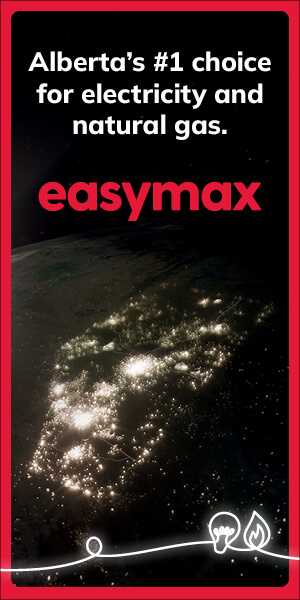Venezuela is mad at Canada. Stephen Harper’s condolence message to the Venezuelan people on the death of their president, Hugo Chavez, didn’t strike the right chord.
In his message to the grieving nation, Harper conveyed “condolences to the people of Venezuela” but not to the family of the deceased president. Harper expressed the hope that the death of Chavez brings a more promising future for the Venezuelan people.
“At this juncture, I hope the people of Venezuela can now build for themselves a better, brighter future based on the principles of freedom, democracy, the rule of law and respect for human rights,” he said.
Harper concluded by saying that he looked forward “to working with (Chavez’s) successor and other leaders in the region to build a hemisphere that is more prosperous, secure and democratic.”
Venezuelans didn’t think those were appropriate, soothing and comforting words that our prime minister should have used. Harper is noted for using blunt and undiplomatic language when it came to Chavez. During the meeting of the Summit of the Americas three years ago, Harper didn’t hide his disgust for left-leaning leaders like Chavez. Harper had said earlier that Chavez was among the leftist leaders in the western hemisphere who were “opposed to basically sound economic policies, want to go back to cold war socialism… want to turn back the clock on the democratic progress that’s been in the hemisphere.” In his condolence message, he made no attempt to sugar coat his words and express a change in his thinking.
The U.S. and Canada were united in keeping Fidel Castro out of that summit. “This is a meeting of democracies and Cuba is the outlier here,” a Harper spokesman was reported to have commented. Ecuador’s Rafael Correa was so disappointed at Cuba’s absence that he boycotted the summit.
Canada and United States stood firm in excluding Cuba, causing discord among the 31 participating nations. Harper emphasized that Canada has reached out to Cuba, and does not agree with the American embargo of the country. But he said Canada is sticking with the summit principles that state that members must be democracies.
“While we don’t support the position of isolating Cuba, we do believe that the summit of the Americas should be restricted to democratic countries, and that Cuba should be encouraged to come as a democratic country in the future…and it’s our contention that the Canadian policy is the way to get that kind of result rather than the policy pursued by our American friends,” Harper told reporters.
Harper added that he viewed the issue as one of principle. “I think we’ve taken a principled position, and when we take principled positions we’re prepared to argue that and discuss them but obviously we don’t have our positions dictated either by one country or frankly by any group of countries,” he said.
To the Venezuelan people, Chavez was a charismatic strongman, building a socialist barricade against American influence. A thorn on the side of U.S. during his 14-year term, Chavez launched an aggressive policy of nationalization, particularly the oil industry. Chavez introduced social programs that helped feed and house his people during his 14 years in power.
Unfortunately for Canada, Chavez’s death came just at a time when the Harper government was warming up to the Venezuelan administration. Foreign Minister John Baird, on a recent tour of Latin America, was planning to make an unprecedented visit to Venezuela to meet with Vice-President Nicolas Maduro, the man expected to succeed Chavez. The plan was disrupted by events moving faster than expected.
Despite the fact that Canada has a $1.3 billion trade relations with Venezuela, relations between the two had not been cordial. Instead Harper chose to have close links with Colombia and Peru.
With the passing of Chaves, Venezuela faces an uncertain future. Chavez led left-leaning regimes in Bolivia and Nicaragua, all of whom opposed U.S. interests in the region. Chavez’s absence will definitely affect the political spectrum of Latin America. It is believed that Maduro will continue Chavez’s policies when he takes office and for many years to come, Venezuela will be dominated by Chavez’s influence, policies and legacy. It would be hard not to follow the path charted by Chavez.







Why doesn’t Harper’s comments surprise me…..politically correct and diplomatic he is not. Sadly he does not represent many Canadian’s when ever he opens his mouth
I fully agree with Mansoor Ladha and the comment Yasmin makes about Canada’s head Mr Harper